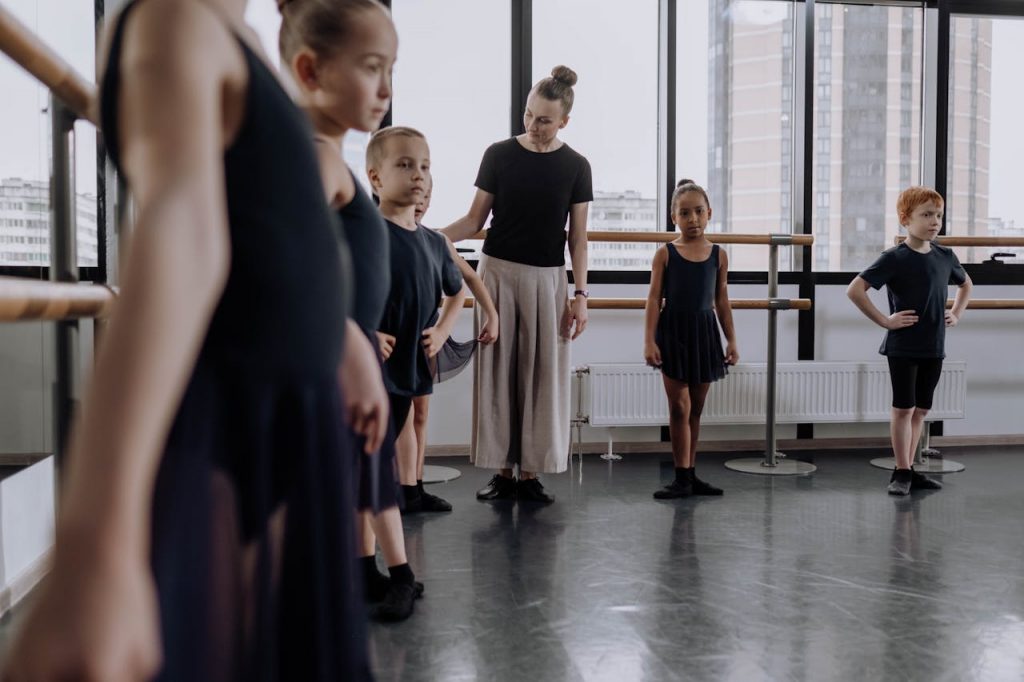Running a successful dance studio requires more than just excellent instruction and a passion for dance. One of the most crucial aspects of studio management is having a solid, professional contract in place. This comprehensive guide will walk you through everything you need to know about dance studio contracts, ensuring your business is protected whilst maintaining positive relationships with your students and their families.
Why Every Dance Studio Needs a Professional Contract
A well-crafted contract serves as the foundation of your studio’s professional relationship with students and their families. It protects both parties by clearly outlining expectations, policies, and responsibilities. Without a proper contract, studio owners often face challenges such as payment disputes, liability issues, and misunderstandings about studio policies. In the UK dance education sector, having a comprehensive contract is particularly important given the specific requirements of organisations like the RAD and ISTD.
Click here to download our basic dance studio contract template.
Essential Components of a Dance Studio Contract
Basic Information
Your contract should begin with the fundamental details of all parties involved. This includes your studio’s legal name, contact information, and space for student and parent/guardian information. The agreement should clearly state class registration details, including specific programmes, class times, and duration of the agreement. For UK studios, it’s also wise to include your company registration number and registered address if applicable.
Financial Terms
The financial section of your contract is paramount and should be written in clear, precise language. Your payment terms should outline termly fees and when they’re due, typically at the start of each term in line with the academic calendar. Include details about your preferred payment methods, whether you accept standing orders or direct debits, and any administrative fees. Your cancellation policy should specify notice periods, typically requiring a full term’s notice in writing. Be explicit about additional costs such as uniform requirements, exam fees, and show costumes.
Liability and Waivers
UK studios must address liability carefully within their contracts. Your liability section should include comprehensive coverage for personal injury, clarifying your insurance position and any limitations. Detail your requirements for emergency contacts and medical information. Include clear policies about photography and videography, ensuring compliance with UK data protection laws and GDPR. Health and safety policies should align with current UK government guidance and your local authority requirements.
Studio Policies
Your operational policies should be presented in a clear, organised manner that reflects your studio’s professionalism. Attendance expectations should be clearly stated, particularly for graded classes where consistent attendance is crucial for examination preparation. Your uniform policy should detail specific requirements, potentially referencing recognised dance examination boards’ specifications. Include information about your term dates, which should align with local school terms, and your policy regarding bank holidays and any other closures.
Special Considerations for Different Programmes
Different dance programmes require specific contractual considerations. Competition teams need additional terms regarding commitment levels, extra rehearsals, and competition entry fees. Private lessons require their own specific cancellation policies, whilst holiday workshops and intensive courses often need separate agreements with modified terms. For vocational students preparing for careers in dance, you might need additional clauses about attendance at auditions or external performances.
Making Your Contract Legally Sound
Ensuring your contract is legally robust is essential in the UK market. Your document should comply with the Consumer Rights Act 2015 and other relevant legislation. Consider consulting with a solicitor who specialises in small business contracts to review your template. If you’re using electronic contracts, ensure your system complies with UK electronic signature regulations. Pay particular attention to how you handle data protection, ensuring alignment with GDPR requirements.
Contract Implementation Tips
Implementing your contract effectively is crucial for smooth studio operations. Present your contracts before the start of each academic year or at the point of registration. Take time to explain key terms to parents, particularly around payment schedules and notice periods. Establish a clear process for contract renewals that aligns with your academic terms. Any modifications to the contract should be properly documented and communicated to all parties.
Digital Contract Management
Modern studio management demands efficient digital solutions. Electronic contracts offer several advantages for UK dance studios. They simplify storage and retrieval, streamline the signature collection process, and integrate seamlessly with studio management software. Digital systems also make it easier to maintain GDPR compliance and secure record-keeping.
Template Customisation Guide
Adapting a template to your studio’s specific needs is a crucial step in creating an effective contract. Begin by reviewing each section carefully and considering how it applies to your unique studio environment. Consider your teaching philosophy, studio culture, and specific programmes when modifying the language.
Key areas requiring personalisation include your payment structure, which should reflect your specific termly or monthly billing cycles. Your dress code requirements might need adjustment based on your studio’s disciplines and examination board affiliations. Consider too your studio’s unique selling points – perhaps you offer specialist classes or have particular expertise that should be reflected in your terms.
When modifying language for your market, consider your local demographic and ensure your contract’s tone aligns with your studio’s communication style. If you serve a particular community or specialise in certain dance styles, reflect this in your terminology. Remember to review and update your contract template annually, particularly noting any changes in UK dance education standards or legal requirements.
Download Our Free Basic Template
Click here to download our basic dance studio contract template.
This template provides a foundation for creating your studio’s contract. It includes standard clauses covering the essential aspects discussed in this guide, with clear markers indicating where personalisation is required. We’ve included annotations explaining each section’s purpose and suggesting modifications you might consider.
When customising this template, pay particular attention to sections marked with [STUDIO NAME] and [SPECIFIC TERMS]. These areas require your careful consideration and input to reflect your studio’s policies accurately. Remember, whilst this template provides a strong starting point, it should be reviewed by a qualified solicitor before implementation.
Next Steps
Now that you understand the essential elements of a dance studio contract, it’s time to create or update your own. Review your current contract against this guide, identify areas needing improvement, and consider consulting with a legal professional. Implement a system for managing contracts efficiently that works within the UK dance education framework.
Conclusion
A well-structured contract template is essential for any dance studio’s success. It provides legal protection, sets clear expectations, and helps maintain professional relationships with your clients. While this guide offers a comprehensive overview, remember that each studio’s needs are unique within the UK dance education landscape. Take time to customise your contract template to reflect your specific policies and requirements.
Ready to streamline your studio’s contract management? Start your 5-day free trial today – click here to learn about our pricing. StudioAlign can help you manage your contracts and other essential studio operations efficiently.
Disclaimer: This guide provides general information about dance studio contracts and should not be considered legal advice. We recommend consulting with a solicitor to ensure your contract meets all applicable UK laws and regulations.




